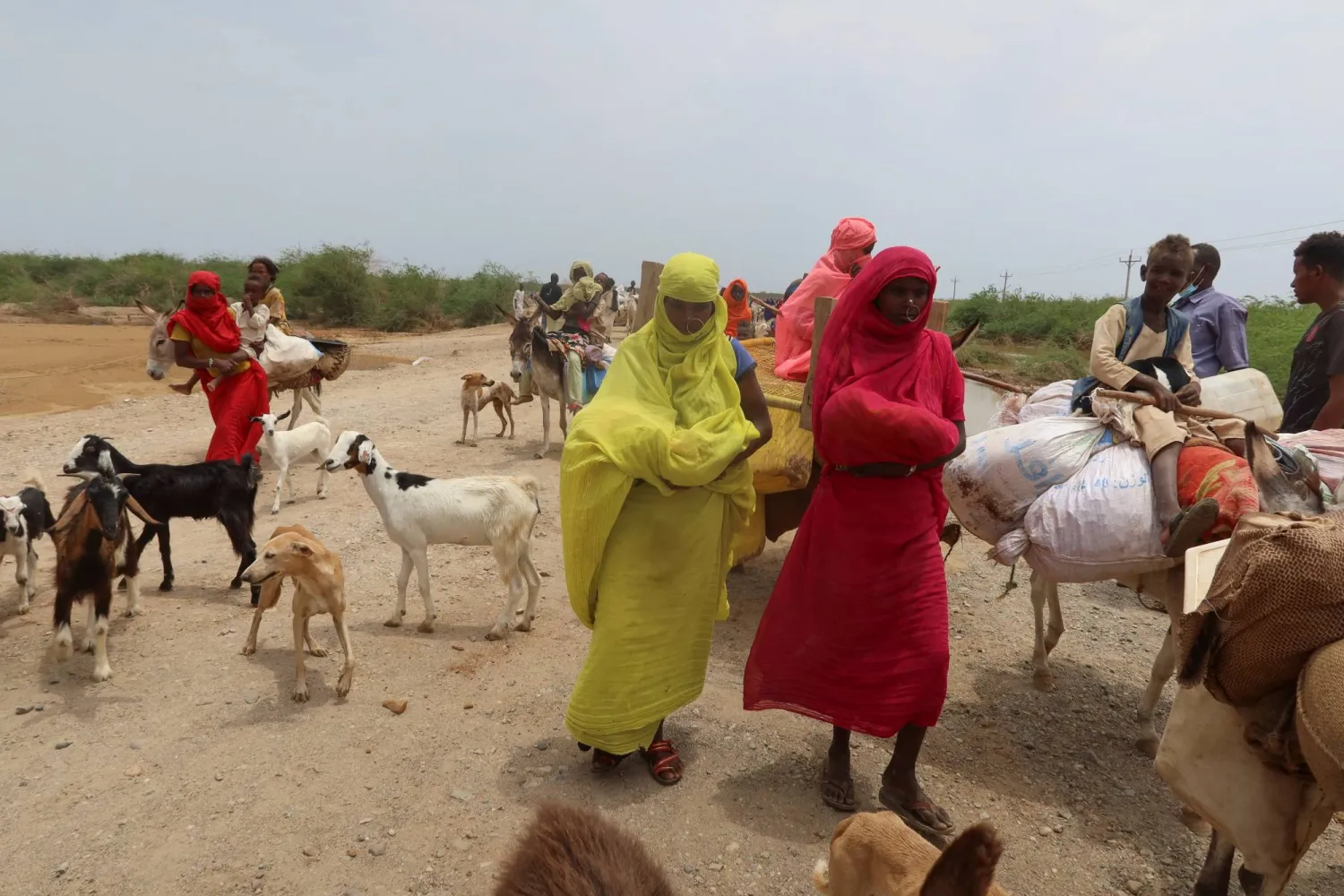The UN World Food Program is investigating two of its top officials in Sudan over allegations including fraud and concealing information from donors about its ability to deliver food aid to civilians amid the nation’s dire hunger crisis, according to 11 people with knowledge of the probe.
The investigation by the WFP’s Office of the Inspector General (OIG) comes as the UN’s food-aid arm is struggling to feed millions of people in war-plagued Sudan, now suffering one of the world’s most severe food shortages in years.
As part of the probe, investigators are looking at whether WFP staff sought to hide the alleged role of Sudan’s army in obstructing aid amid a brutal 16-month war with a rival paramilitary for control of the country, according to five of the sources who spoke to Reuters.
One of those being examined in the inquiry is the WFP’s deputy country director in Sudan, Khalid Osman, who has been given a “temporary duty assignment” outside Sudan, a de facto suspension, according to six sources.
A second senior official, WFP area manager Mohammed Ali, is being investigated in connection with the alleged disappearance of more than 200,000 liters of the UN organization’s fuel in the Sudanese city of Kosti, according to four sources. Reuters could not confirm whether Ali remains in his role.
Osman and Ali declined to comment when contacted by Reuters, referring the news agency to the WFP’s media office.
Asked about the probe by Reuters, the WFP said that “allegations of individual misconduct related to irregularities in pockets of our operation in Sudan” are under urgent review by its inspector general’s office. It declined to comment on the nature of alleged wrongdoing or the status of specific employees.
The US government’s aid agency, USAID, told Reuters in a statement that it was notified by the WFP on Aug. 20 of “potential incidents of fraud affecting WFP operations in Sudan.” USAID says it is the single largest donor to the WFP, providing nearly half of all contributions in a typical year.
“These allegations are deeply concerning and must be thoroughly investigated,” the USAID statement said. “USAID immediately referred these allegations to the USAID Office of the Inspector General."
World Food Program Launches Probe Into its Sudan Operations

Evacuees move their belongings on donkeys, following devastating floods, in Tokar, Red Sea State, Sudan, August 28, 2024. REUTERS/El Tayeb Siddig

World Food Program Launches Probe Into its Sudan Operations

Evacuees move their belongings on donkeys, following devastating floods, in Tokar, Red Sea State, Sudan, August 28, 2024. REUTERS/El Tayeb Siddig
لم تشترك بعد
انشئ حساباً خاصاً بك لتحصل على أخبار مخصصة لك ولتتمتع بخاصية حفظ المقالات وتتلقى نشراتنا البريدية المتنوعة







